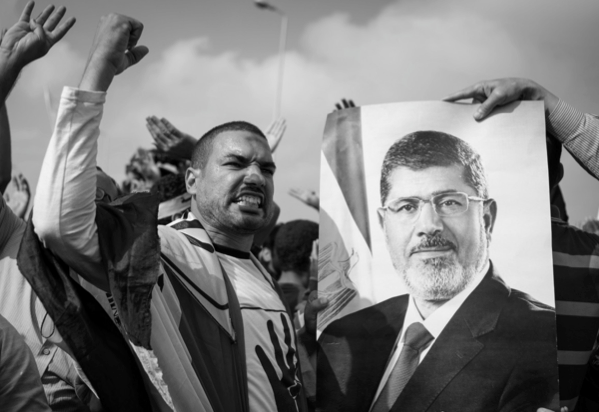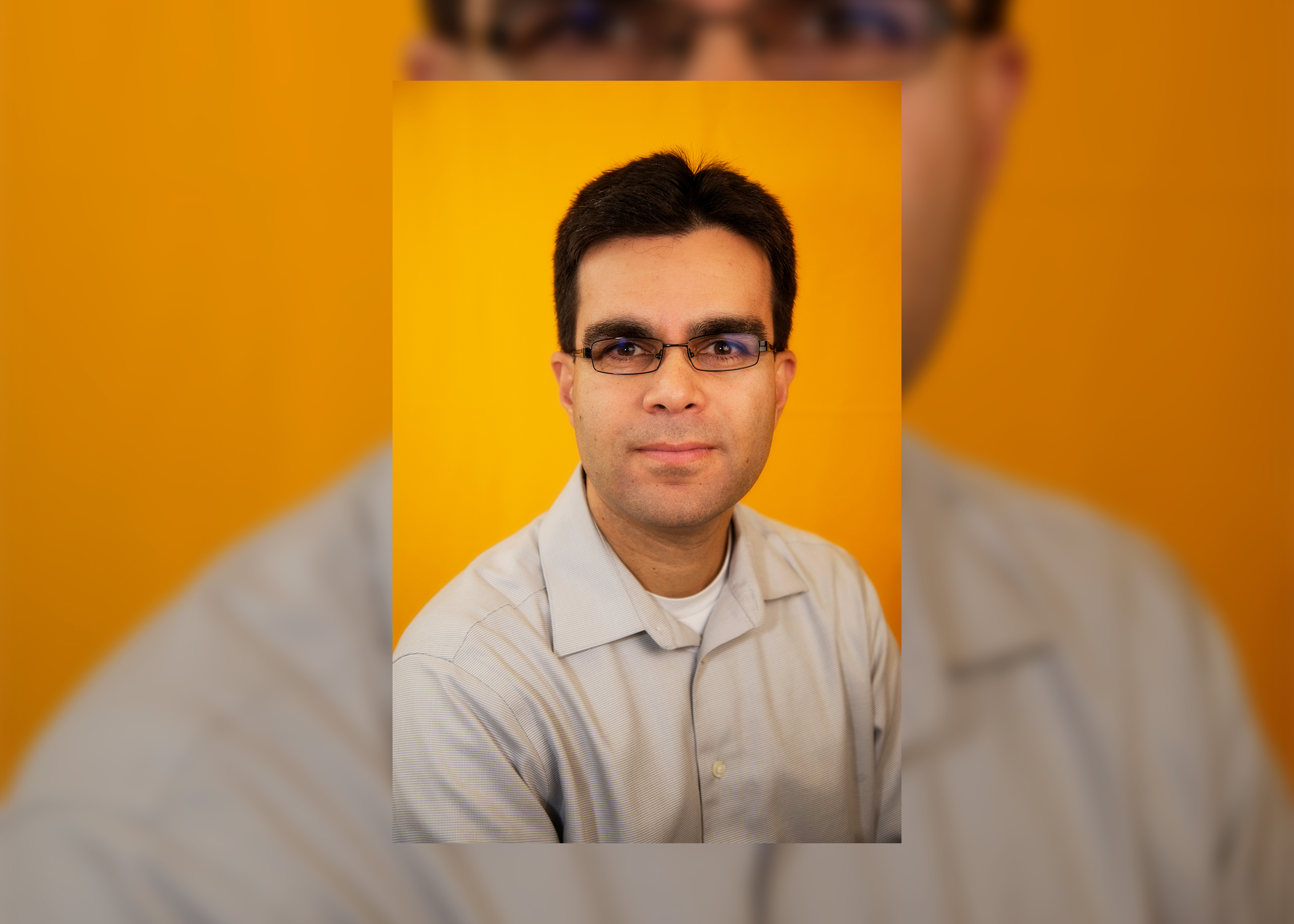
For the first time since the 2011 uprising that toppled Hosni Mubarak, Egyptians go to the polls this week fairly certain about the outcome, even before the first ballot has been cast. And that, for many here, is precisely is the problem.
Where Egyptians after the 2011 revolt once believed that voting was a chance to be heard in a relatively free process, many believe Tuesday and Wednesday’s balloting on a new constitution will be rigged for the military- sanctioned document to pass. The enthusiasm, and drama, that preceded previous votes has been be replaced with resignation that the coming balloting is merely a formality and not a people’s process, a means to codify the return to the old norms that the uprising was supposed to end.
That no one can appeal the ruling of the High Election Commission on the vote’s outcome has only reinforced that belief. Many Egyptians welcome the predictability, after three years of upheaval. A quick approval of the document is the best chance to instill order to the country, they say.
Voter turnout is expected to be less than the 33 percent who came out for the last referendum, on the 2012 constitution written largely by Muslim Brotherhood supporters of President Mohammed Morsi. When Morsi was ousted, that constitution was suspended by Defense Minister Gen. Abdul-Fattah el-Sissi, Egypt’s strongman. There is no organized campaign in opposition to the new constitution. The Brotherhood, which has been subjected to a government crackdown since Morsi’s ouster in July, has called for its supporters to boycott the vote. So have a number of those who were at the forefront of the anti-Mubarak demonstrations three years ago.
The checks that were in place to ensure the validity of the elections, put in effect after Mubarak’s fall, are largely gone. An estimated 19,000 international and Egyptian observers monitored the 2012 presidential elections; this week the number is 6,000 to oversee balloting at 13,000 polling stations nationwide _ a ratio that ensures that some polling places will be without monitors for much of the time. Of the 6,000, only 200 will be international observers.
The Carter Center, one of the best-recognized international voting monitors, has refused to monitor the vote, saying it was concerned about the “polarized environment and the narrowed political space,” and the “lack of an inclusive process for drafting and publicly debating the draft constitution.” Signs urging voters to affirm the constitution are plastered around the country in what has been an aggressive public government campaign to get voters to the polls, overwhelming the occasional leaflets that oppose ratification.
Those who support the constitution say it’s a vast improvement over the 2012 charter. They note that new constitution promises freedom of religion and women’s rights, and bans human trafficking and the sex trade. But also enshrines el-Sissi’s place at the top of the military, forbidding his dismissal by anyone other than the country’s top military command. The constitution also would prohibit religion- based political parties a step that would make illegal any Muslim Brotherhood-based political group such as the now-dissolved Freedom and Justice Party, under whose banner Morsi became Egypt’s first democratically elected leader. It would, however, allow members of former President Hosni Mubarak’s government, who were banned from office after Mubarak resigned in 2011, to run again.
In the weeks since the constitutional assembly completed work on the document Dec. 1, the government has locked up thousands of opponents, including journalists. Those arrested report they have been tortured and forced to appear before judges that are carrying out the government’s interests. Most Islamist judges appointed during Morsi’s tenure have been removed, and some have been arrested.
Violence has erupted between Morsi supporters and government forces, most recently Sunday outside Cairo University. Opponents say the new constitution is about protecting the government’s interests, not the people’s. “This is not a democratic transition,” Ibrahim el Houdaiby, a long time analyst told a gathering at American University Cairo Sunday, debating the process. The government “is trying to revive a state that died.”
The vote on the 2012 constitution was considered a referendum on the role of Islam in Egyptian governance. The balloting this week will be about the role of the military in the government and on whether el-Sissi will remain the country’s primary political presence for years to come.
On Saturday, el-Sissi said in a speech that he would run for president if the people call for him to do so. Opponents said the constitution is more about ensuring that Islamists don’t return to power than moving the country forward. “They talk about a civic state as though they are only against an Islamist state but they are turning the state into a military one,” el Houdaiby said.
If turnout is low or the constitution passes with a sizably minority opposed, it will be harder for the government to argue that the document is the foundation for moving forward, observers said. “In my opinion the 50 members of the constitutional assembly wrote the constitution of the state. In 2012, the Muslim Brotherhood wrote their constitution. Nobody has written the people’s constitution,” said Ahmed Ragheb, a human rights lawyer.

